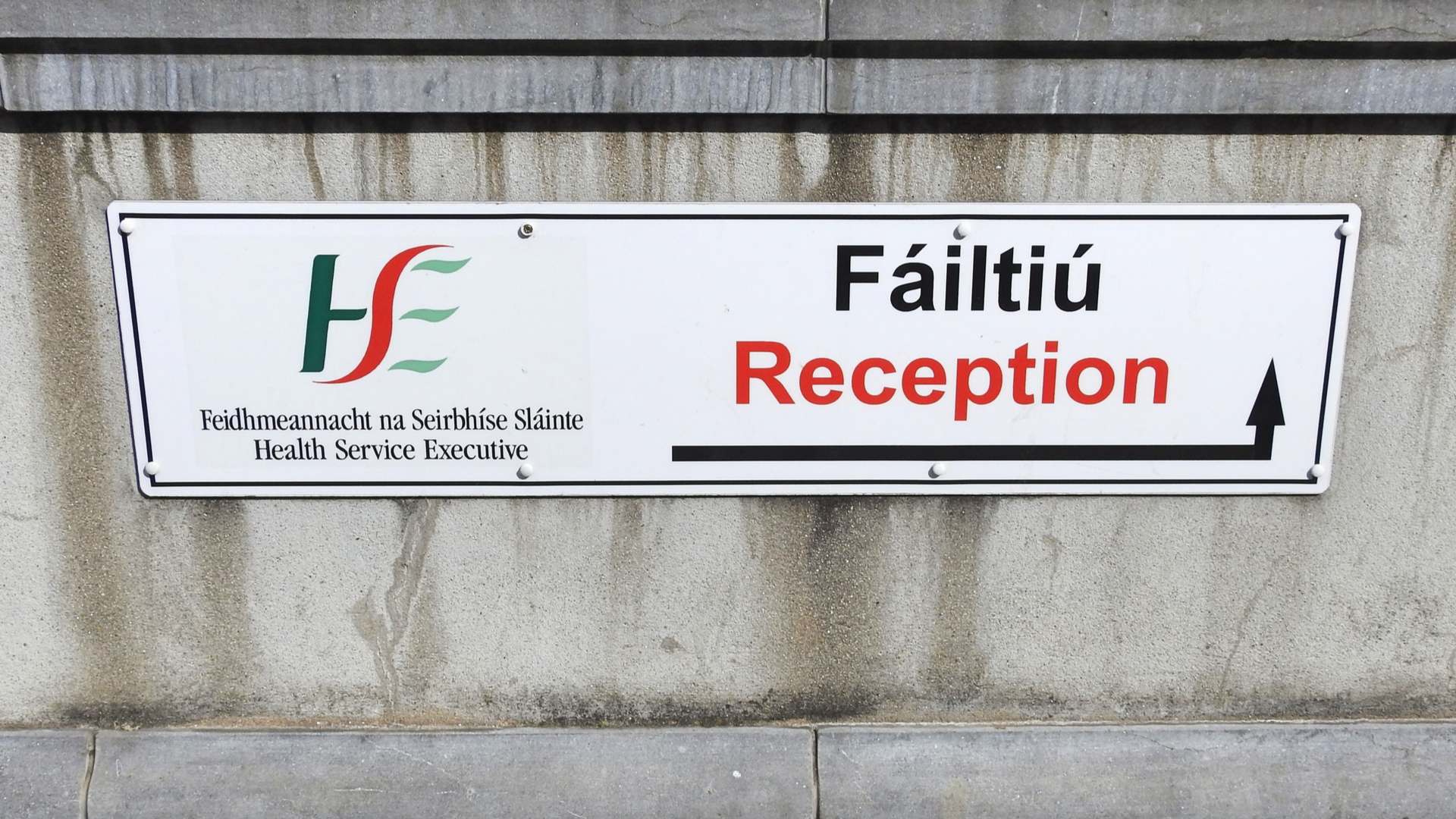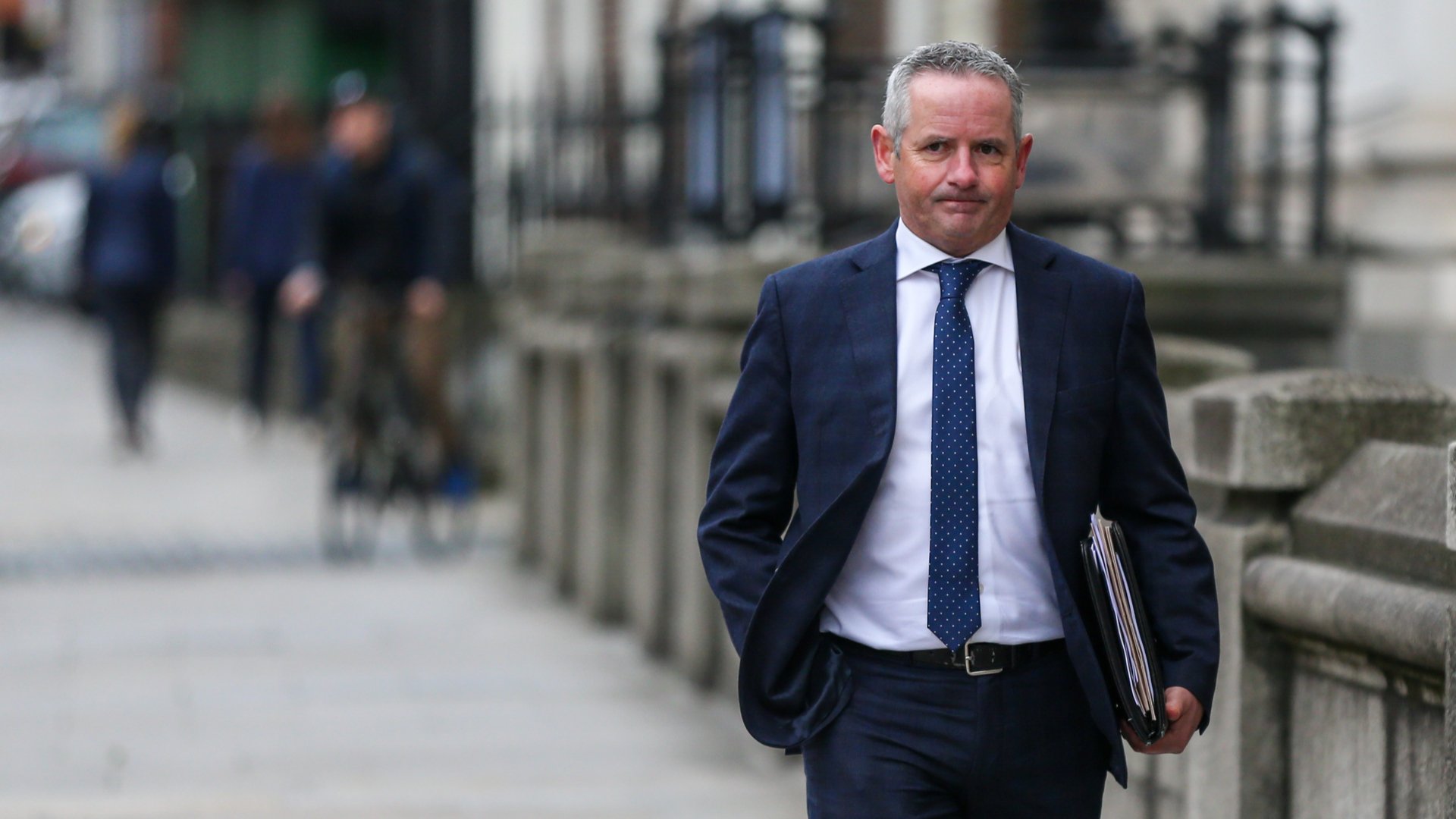Irish Health Service hit by ransomware attack
Friday's outpatient medical appointments have been postponed or cancelled


Ireland’s national health and social services provider, the Health Service Executive (HSE), has been forced to shut down its entire IT system following a ransomware attack.
The shutdown, which was done as a precaution, has led to outpatient medical appointments being postponed or cancelled.
However, HSE Chief Executive Paul Reid told Irish national broadcaster RTE that the country’s vaccination programme hadn’t been impacted by the cyber attack.
"The vaccination programme continues thankfully, it's a separate system,” he said.
Reid described the attack as “very sophisticated” and “not just the standard attack”.

“It is impacting all of our national and local systems that would be involved in all of our core services," he added. The perpetrator has not been named and HSE was not immediately available for comment.
The ransomware attack on HSE immediately drew comparisons to a similar incident that had affected its UK counterpart. Commenting on the news, Orange Cyberdefense UK director Stuart Reed said that the attack “comes almost exactly four years from the 12 May 2017 WannaCry ransomware attack on the NHS, which devastated services”.
Get the ITPro daily newsletter
Sign up today and you will receive a free copy of our Future Focus 2025 report - the leading guidance on AI, cybersecurity and other IT challenges as per 700+ senior executives
The attack, which took place during the week between 12 and 18 May 2017, is thought to have affected over 200,000 computer systems across the world, disrupted the services of one-third of the UK's hospital trusts, and approximately 8% of GP clinics. It's believed that around 19,000 hospital appointments were cancelled as a result.
RELATED RESOURCE

2021 state of email security report: Ransomware on the rise
Securing the enterprise in the COVID world
A subsequent investigation conducted by the Department of Health and Social Care found that the ransomware attack had cost the NHS an estimated total of £92 million, with the biggest cost being attributed to restoring its services to full operation and to the recovery of data.
With Reuters reporting that a Dublin hospital was forced to cancel all outpatient appointments apart from the most urgent cases, Reed said that “national critical services must ensure they have a well-defined incident response plan, should the worst happen, to ensure a continuation of vital services”.
“As ransomware attacks continue to gather momentum - this being the second in just one week, following the US Colonial Pipeline attack - hospitals and other critical services need to prioritise protecting themselves against these callous attacks, even on limited resources,” he added.
Having only graduated from City University in 2019, Sabina has already demonstrated her abilities as a keen writer and effective journalist. Currently a content writer for Drapers, Sabina spent a number of years writing for ITPro, specialising in networking and telecommunications, as well as charting the efforts of technology companies to improve their inclusion and diversity strategies, a topic close to her heart.
Sabina has also held a number of editorial roles at Harper's Bazaar, Cube Collective, and HighClouds.
-
 AI-first partnerships: Unlocking scalable growth for business
AI-first partnerships: Unlocking scalable growth for businessChannel partners play a vital role in facilitating AI adoption, but there's more to offering support than simple integration
By Neil Sawyer
-
 Hackers are duping developers with malware-laden coding challenges
Hackers are duping developers with malware-laden coding challengesNews A North Korean state-sponsored group has been targeting crypto developers through fake coding challenges given as part of the recruitment process.
By Emma Woollacott
-
 Cleo attack victim list grows as Hertz confirms customer data stolen – and security experts say it won't be the last
Cleo attack victim list grows as Hertz confirms customer data stolen – and security experts say it won't be the lastNews Hertz has confirmed it suffered a data breach as a result of the Cleo zero-day vulnerability in late 2024, with the car rental giant warning that customer data was stolen.
By Ross Kelly
-
 ‘Phishing kits are a force multiplier': Cheap cyber crime kits can be bought on the dark web for less than $25 – and experts warn it’s lowering the barrier of entry for amateur hackers
‘Phishing kits are a force multiplier': Cheap cyber crime kits can be bought on the dark web for less than $25 – and experts warn it’s lowering the barrier of entry for amateur hackersNews Research from NordVPN shows phishing kits are now widely available on the dark web and via messaging apps like Telegram, and are often selling for less than $25.
By Emma Woollacott
-
 Healthcare systems are rife with exploits — and ransomware gangs have noticed
Healthcare systems are rife with exploits — and ransomware gangs have noticedNews Nearly nine-in-ten healthcare organizations have medical devices that are vulnerable to exploits, and ransomware groups are taking notice.
By Nicole Kobie
-
 Alleged LockBit developer extradited to the US
Alleged LockBit developer extradited to the USNews A Russian-Israeli man has been extradited to the US amid accusations of being a key LockBit ransomware developer.
By Emma Woollacott
-
 February was the worst month on record for ransomware attacks – and one threat group had a field day
February was the worst month on record for ransomware attacks – and one threat group had a field dayNews February 2025 was the worst month on record for the number of ransomware attacks, according to new research from Bitdefender.
By Emma Woollacott
-
 CISA issues warning over Medusa ransomware after 300 victims from critical sectors impacted
CISA issues warning over Medusa ransomware after 300 victims from critical sectors impactedNews The Medusa ransomware as a Service operation compromised twice as many organizations at the start of 2025 compared to 2024
By Solomon Klappholz
-
 Warning issued over prolific 'Ghost' ransomware group
Warning issued over prolific 'Ghost' ransomware groupNews The Ghost ransomware group is known to act fast and exploit vulnerabilities in public-facing appliances
By Solomon Klappholz
-
 The Zservers takedown is another big win for law enforcement
The Zservers takedown is another big win for law enforcementNews LockBit has been dealt another blow by law enforcement after Dutch police took 127 of its servers offline
By Solomon Klappholz